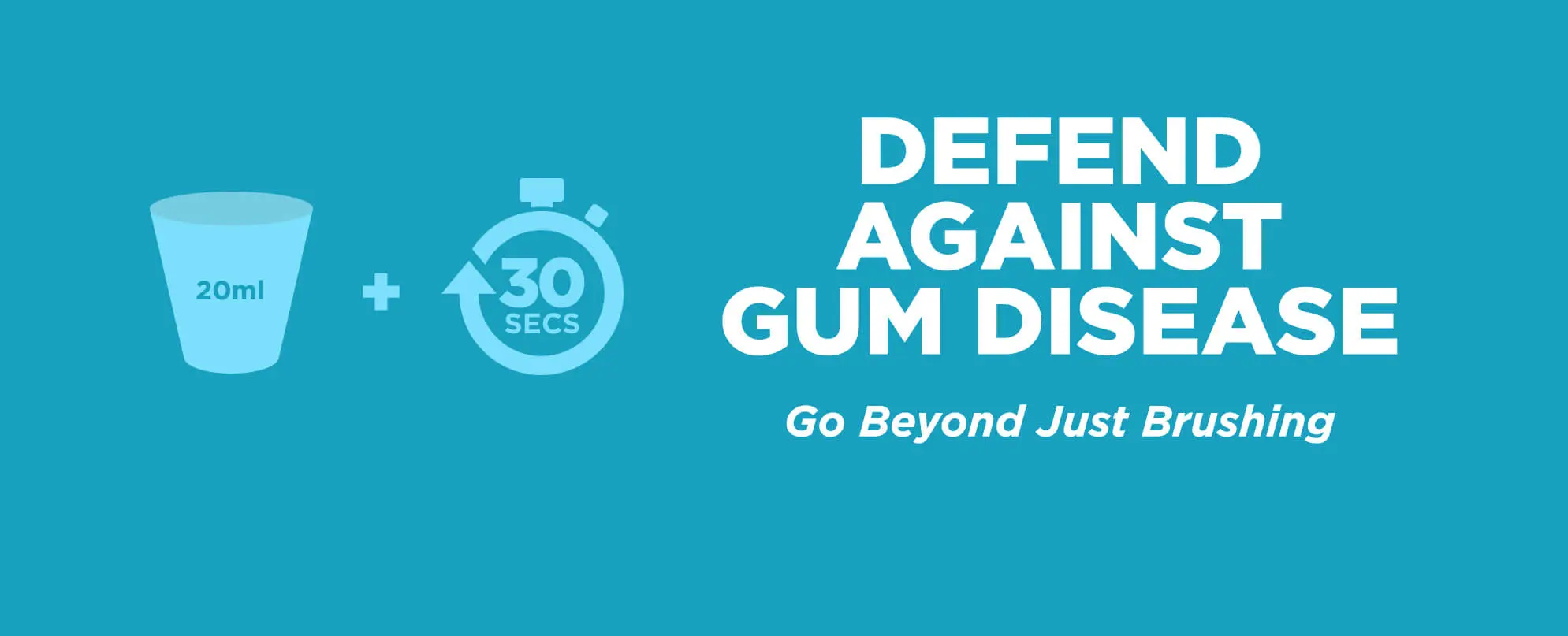What Are Gum Problems?
These are early stages of gum disease that is common throughout the world. The World Health Organization estimates 1 in 4 adults has some form of the bacterial infection, with 15% to 20% developing the severe version of the disease.
What Are the Signs of Gum Problems?
It’s easy to miss the signs of gum disease. According to one professional dental association, just 10% of adults who have gum disease are aware of it. But if you have puffy, red gums that bleed easily when you brush or floss, you could have gum problems. There may not be pain associated with gum problems, which is why the signs may be overlooked.
What Causes Gum Problems?
The most common causes are improper oral home care and improper technique. When brushing, flossing and rinsing don’t occur daily, leftover bacteria builds and forms a thick film known as plaque, which can lead to tartar and break down teeth over time.
Can You Prevent Gum Problems?
Getting into a good, solid mouth-cleaning routine that involves brushing and rinsing twice daily, plus daily flossing, can reverse the early stage of gum disease known as gum problems. Scheduling regular six-month dental checkups is also key to keeping your mouth healthy and clean, as tartar buildup is something only professional tools used at the dentist’s office can remove.
How Are Gum Problems Treated?
The most crucial step in treating gum problems is to not ignore symptoms that may seem harmless, such as a little blood in the sink when you floss and brush, and/or irritated gums that look red and/or swollen. If these symptoms appear, make an appointment to check in with your dentist to identify the cause and to get your teeth and gums assessed. Your dentist may recommend an improved daily home-care regimen for your teeth, including adding antiseptic mouthwash to your routine. If pockets of bacteria have formed around the teeth and gums are beginning to pull away from the teeth, a deep cleaning with your dentist or periodontist (a dentist who specializes in gum disease) may be suggested. The good news is that this early, mild stage of gum disease is preventable. That said, if it goes untreated and ignored, gum problems can develop into advanced stage gum disease (periodontitis), which is the number one cause of tooth loss in adults.

Why Rinse
BRUSHING ONLY CLEANS 25% OF YOUR MOUTH*
*http://www.livestrong.com/article/101756-causes-infection-tonsils/

